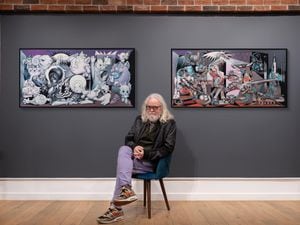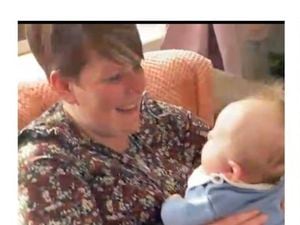Why disenfranchised voters in the Speaker's constituency are calling for change
Buckingham constituents face a situation unlike any other voters in the upcoming General Election.
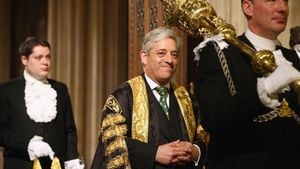
Every vote is supposed to count in a general election – but there is one constituency where that does not feel like the case for many when they head to the polls.
Buckingham is the seat of John Bercow, the Speaker of the House of Commons, and convention dictates the main political parties do not put forward candidates to stand against him.
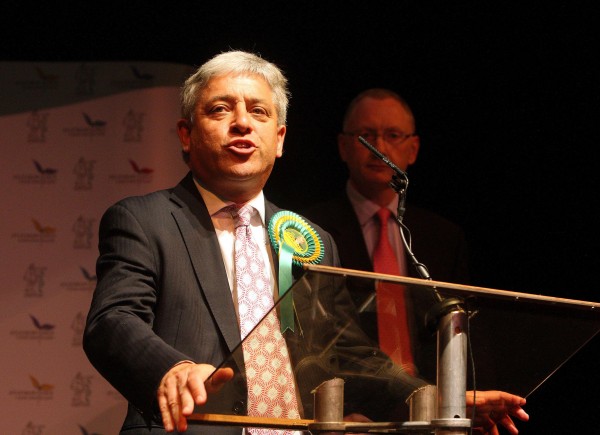
Not only does it deny constituents the chance to vote Conservative, Labour or Liberal Democrat, but some feel it also denies them proper representation in Parliament. The Speaker is unable to take part in debates, vote on motions – with the exception of when votes are tied – or speak on behalf of his constituents in the Commons.
It is a situation that has left many feeling disenfranchised.
When Bercow announced he would be standing again for the Speaker’s seat, Buckingham constituent Phil Harriss reignited a petition he created some years ago called Give Us A Voice, Not A Speaker!
It has gained around 4,500 signatures and the freelance writer hopes it will prompt the new Government to “take a simple step towards modernising Parliament by passing an act ensuring that a by-election be held in the Speaker’s seat after the Speaker is appointed”.
Harriss told the Press Association: “Voters in Buckingham haven’t had democratic representation in Parliament since 2009 and their outrage is growing. As well as being undemocratic, the convention is iniquitous and archaic.
“My children are reaching an age when they are just starting to vote. They are likely to feel completely disillusioned with the political system if their vote counts for nothing and they are not given the opportunity to support the major political parties.”
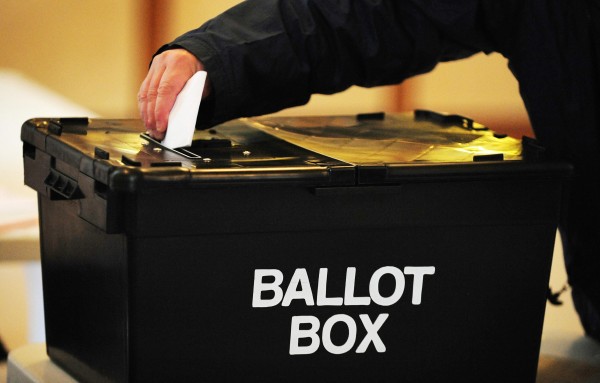
Harriss is not alone.
Children’s lawyer Jane Page – who has lived in the constituency for 28 years – echoes their calls, adding the lack of opposition is “dangerous in any democracy”.
She said: “I feel completely disenfranchised at the moment, both in terms of national and local politics.”
Software designer and foster carer Tony Moore, 45 – who’s been a Buckingham constituent for 12 years – said: “You don’t get parties not putting candidates up because they haven’t got a chance of winning the seat so why should one MP with one particular job get such an advantage?”
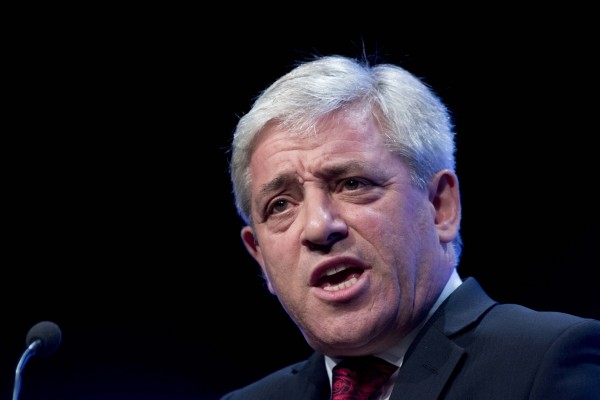
In 2015, the only parties to stand against Bercow were Ukip and the Greens.
Those two parties are standing again this year, along with independent candidate Scott Raven.
The 25-year-old teacher decided to run for the Buckingham seat because he believes the “speaker’s tradition of depriving their constituents of an MP who can represent them nationally is a tradition that needs urgent attention”.
He said: “We all have a duty to step up and add positively to society. I’m also hoping to get more people engaged in the political process who would otherwise feel disenfranchised.”
Raven says his main policy focuses on education, health care and housing.
“I’m especially trying to encourage younger people to get involved by showing them that their opinions and beliefs are just as important and valued as everybody else’s.”
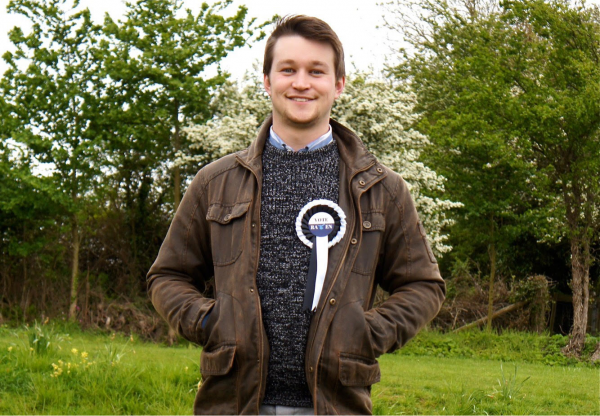
So how can the Government ensure constituents gain meaningful representation in Parliament, while maintaining the speaker’s impartiality?
Harriss suggests once a speaker is elected, he or she should resign their seat, forcing a by-election in that constituency that could be fought by all parties.
This alternative has been floating around for some time although Moore believes forcing constituents into another ballot battle would induce “election fatigue”.
Page suggests: “Perhaps the only fair and democratic way forward is for the Speaker to be just that – the Speaker – and not be be a constituency MP but possibly a retired MP – someone who is focused on his position as Speaker.
“Then perhaps all constituents in the UK will be afforded proper representation, and a voice through their MP.”
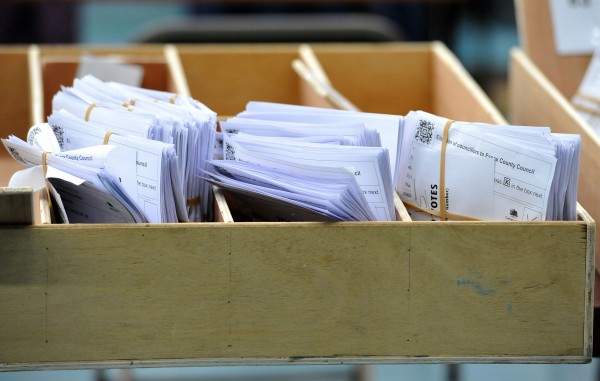
A spokesperson for the Speaker told the Press Association Bercow himself tried to address the issue.
He added: “Following the 2010 election, Mr Bercow asked the House of Commons Procedure Committee to look into the Speaker’s Seat convention.
“The committee did so, and decided in favour of preserving the status quo. Any change to the Speaker’s seat would be a decision for the House of Commons, and not the Speaker.”
And despite their unhappiness with the situation, many people in Buckingham admire Bercow and the job he does.
Caroline Carthew, 47 – an office manager for a local business who’s lived in Buckingham for 11 years – said: “I feel that he is a great MP. He is given a tough time by some people as to his assumed lack of influence and inability to table issues directly. But in my experience he often can get the access you need to the right person, minister, department.”
This sentiment is shared by many others, including Harriss who says he admires the position the Speaker has taken on political prisoners, gay rights and President Trump, and wishes there were more “independently-minded” MPs like Bercow in Parliament.
But Harriss does not believe that makes up for constituents having no voice in the Commons.
He said: “If Bercow wins this election, the people of Buckingham constituency will have no representation in Parliament for the next five years, as the Speaker has no vote there.
“When various political campaigns ask me to write to my MP, I reply to them, ‘What’s the point?’”



